Partnership to see more fruitful results, benefit both peoples, top envoy says
Brazil and China are set to embrace a higher state of strong partnership, and the two sides have shown strong commitment to bolstering bilateral trade, cooperation in aviation and high-tech sectors, and response to climate change, said the country's top envoy to Beijing.
Brazilian Ambassador to China Marcos Galvao said in a recent interview that the success of the state visit by Brazilian President Luiz Inacio Lula da Silva to China last month "certainly points to an even higher stage of the strong partnership between Brazil and China".
The four-day state visit by Lula took him to Shanghai, where he visited a Huawei research center and attended the swearing-in ceremony of Dilma Rousseff, new president of the New Development Bank, and Beijing, where he met with President Xi Jinping.
Galvao said the Brazilian president's visit to Huawei showed that his country is "aware of the extraordinary progress China has made in the digital and communication fields, among others".
"We wish to move ahead on that front, including through the application of new technologies in areas such as education, healthcare and sustainable agriculture," he said.
"Huawei and other Chinese companies have an important presence in our country. They are attracted not only by the scale and dynamism of our market, but also by the open, transparent and nondiscriminatory regulatory frameworks for foreign investment in Brazil."
Chinese companies have been increasingly present in Brazil, including with significant investments in the expansion of renewable energy infrastructure and the production of electric vehicles, he said.
"Our partnership in the actual development of a greener sustainable economy will have more and more results to show not only to our two peoples, but also to the rest of the world."
The two sides have also reached key consensus over cooperation in aviation and high-tech sectors — a protocol was signed for developing a new generation of satellites that will be critical in helping combat illegal deforestation, and agreements were adopted for continued cooperation between China National Space Administration and the Brazilian Space Agency.
Another highlight for bilateral cooperation during the visit is the response to climate change.
"By issuing a separate joint statement regarding that critical matter, President Lula and President Xi confirmed their determination to make this one of the pillars of our partnership," Galvao said.
"With that objective, Brazil and China established a formal bilateral channel to deal with environmental and climate issues and thereby bring our environmental dialogue — which was already strong in multi — and plurilateral settings — also to our bilateral work and partnership."
A robust trade between the two countries has been the pillar of bilateral relations. China is Brazil's biggest export market. Last year, Brazil provided 22 percent of all agri-food products sourced from abroad by China, and the country has been China's largest source of imported soybeans, beef, poultry, pulp and cotton, and second-largest source for imported pork meat and corn.
"We take very seriously our role in China's food security, and we understand what this means in terms of mutual trust," Galvao said. "In this era of so-called near-shoring and friend-shoring, ours is definitely a case of trust-shoring.
"In short, Brazil is a reliable source of high-quality agri-products and China knows it can count on us."
The envoy named developments such as a memorandum of understanding that was aimed at further facilitating bilateral trade signed between both countries during Lula's visit.
Diversification of trade
"All of these developments will contribute to the growth and diversification of trade between our two countries," Galvao said.
In a speech at the New Development Bank in Shanghai, Lula called on countries to think of possibilities to trade in their own currencies.
Shortly before Lula's visit, the central banks of Brazil and China established a mechanism that allows companies on both sides to settle payments in respective national currencies.
Galvao said Brazil already had agreements with Argentina and the European Union for the use of their currencies in bilateral exchanges.
"It is an additional tool Brazilian and Chinese companies can resort to while navigating the increasingly complex and at times bumpy terrain of the present world economy," he said.














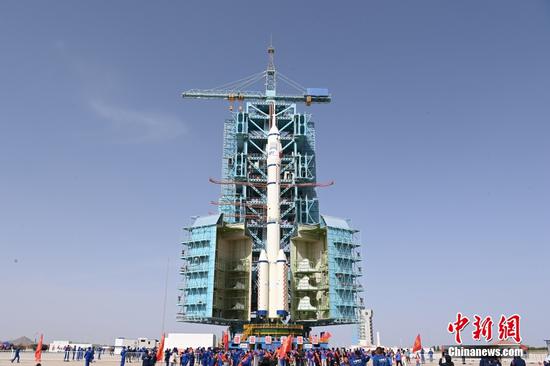
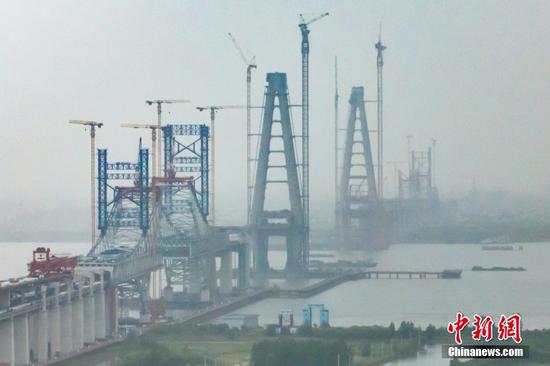
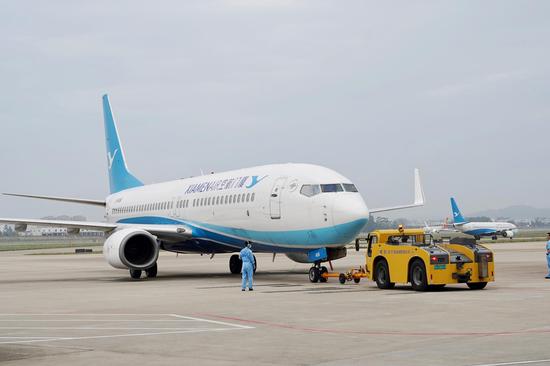
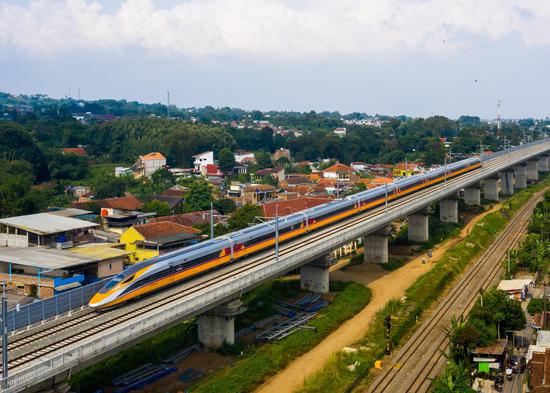
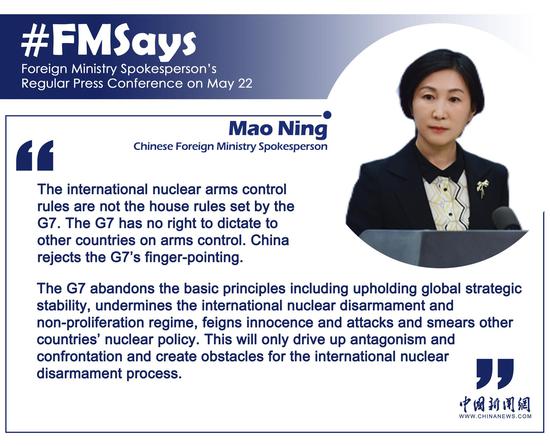
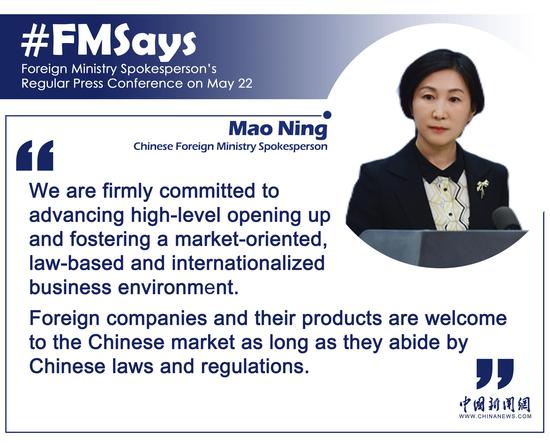

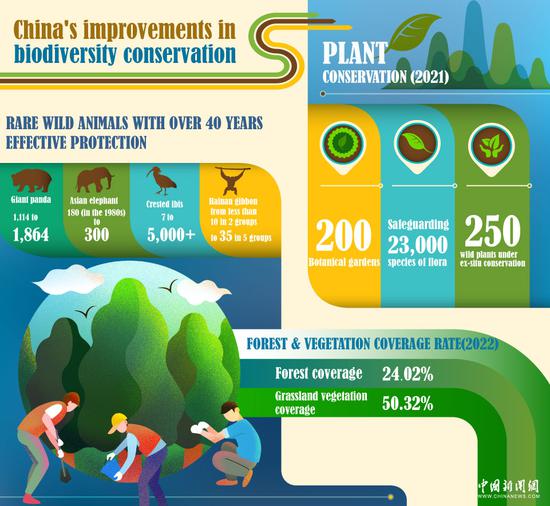
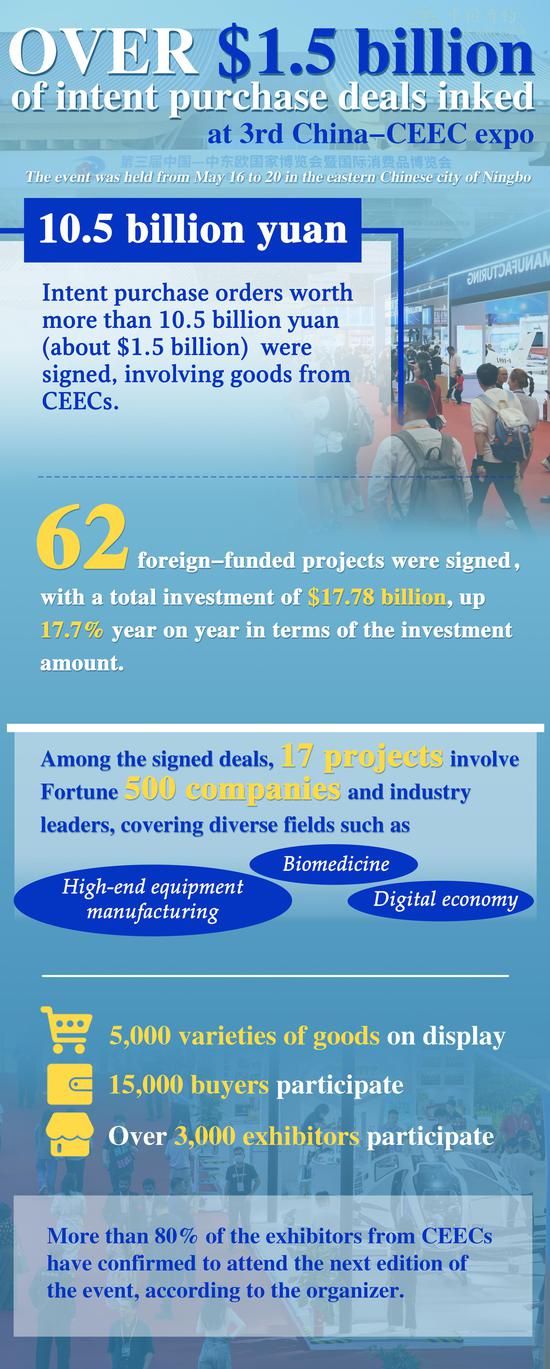


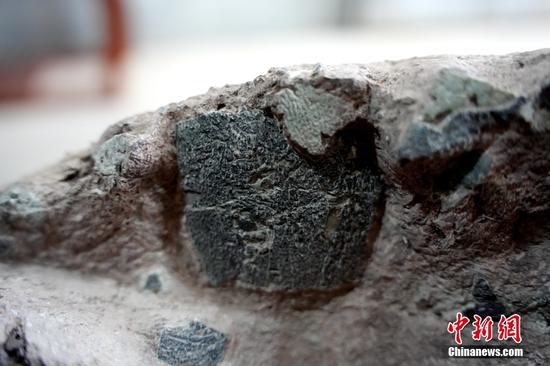

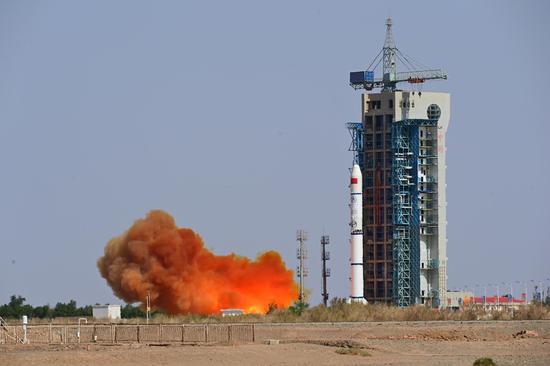


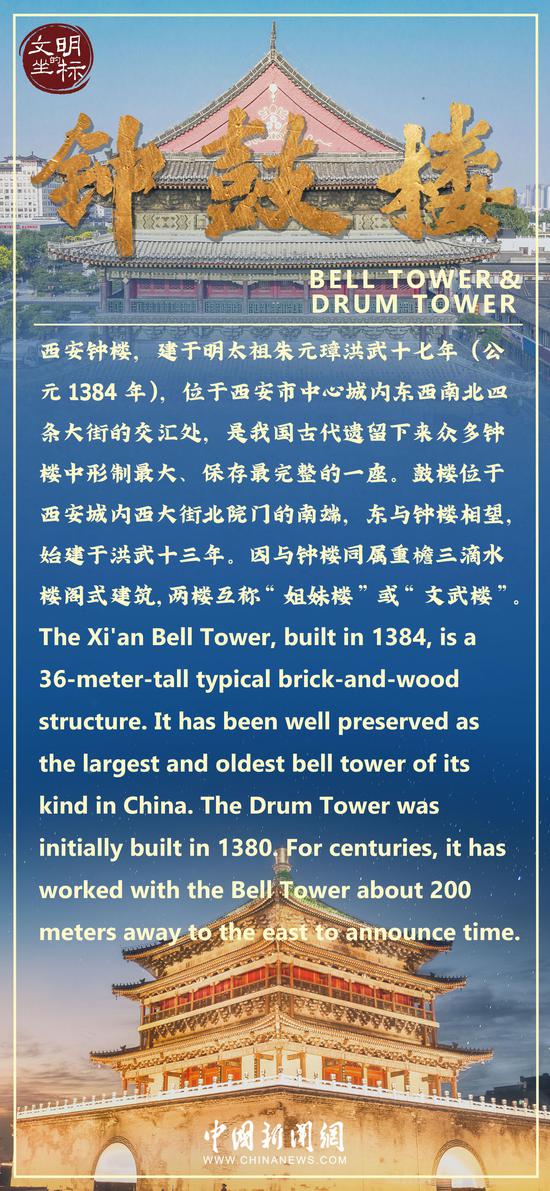
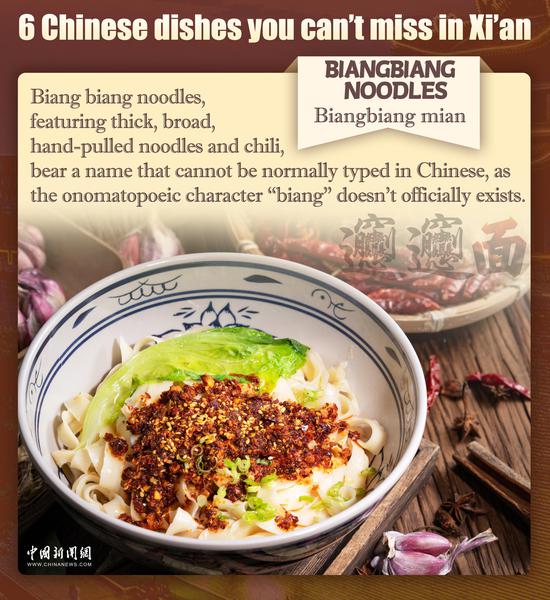


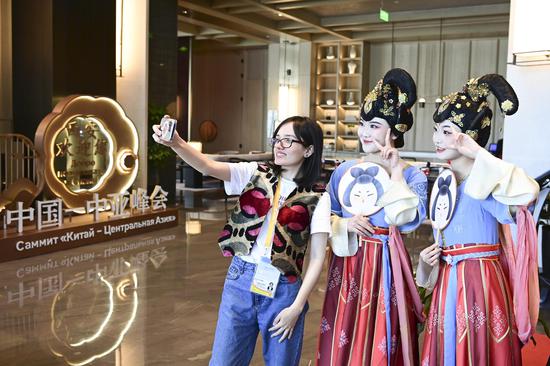
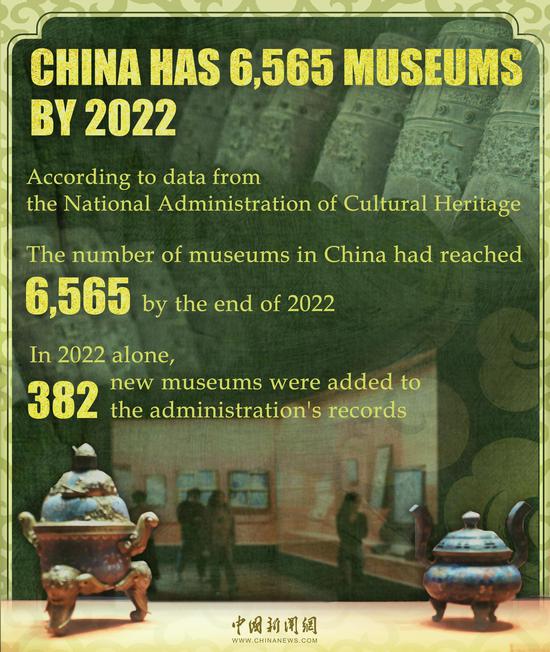


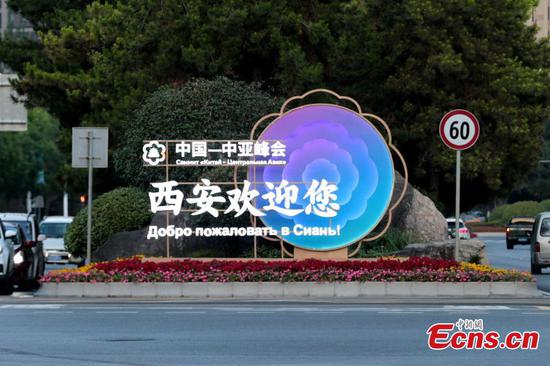



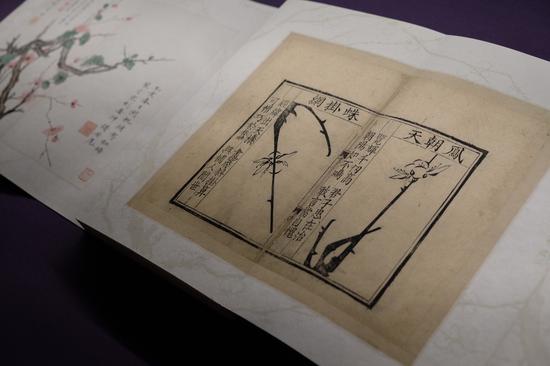
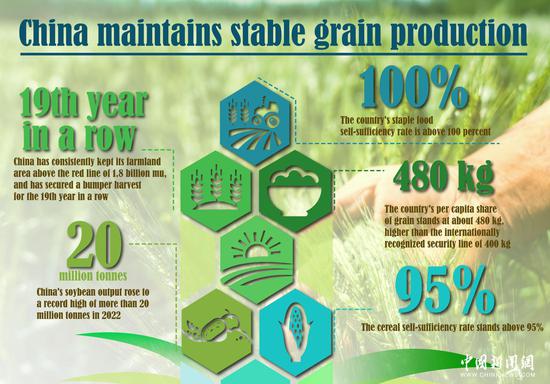
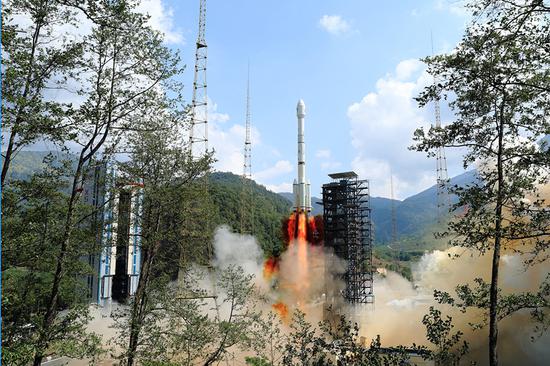





 京公网安备 11010202009201号
京公网安备 11010202009201号